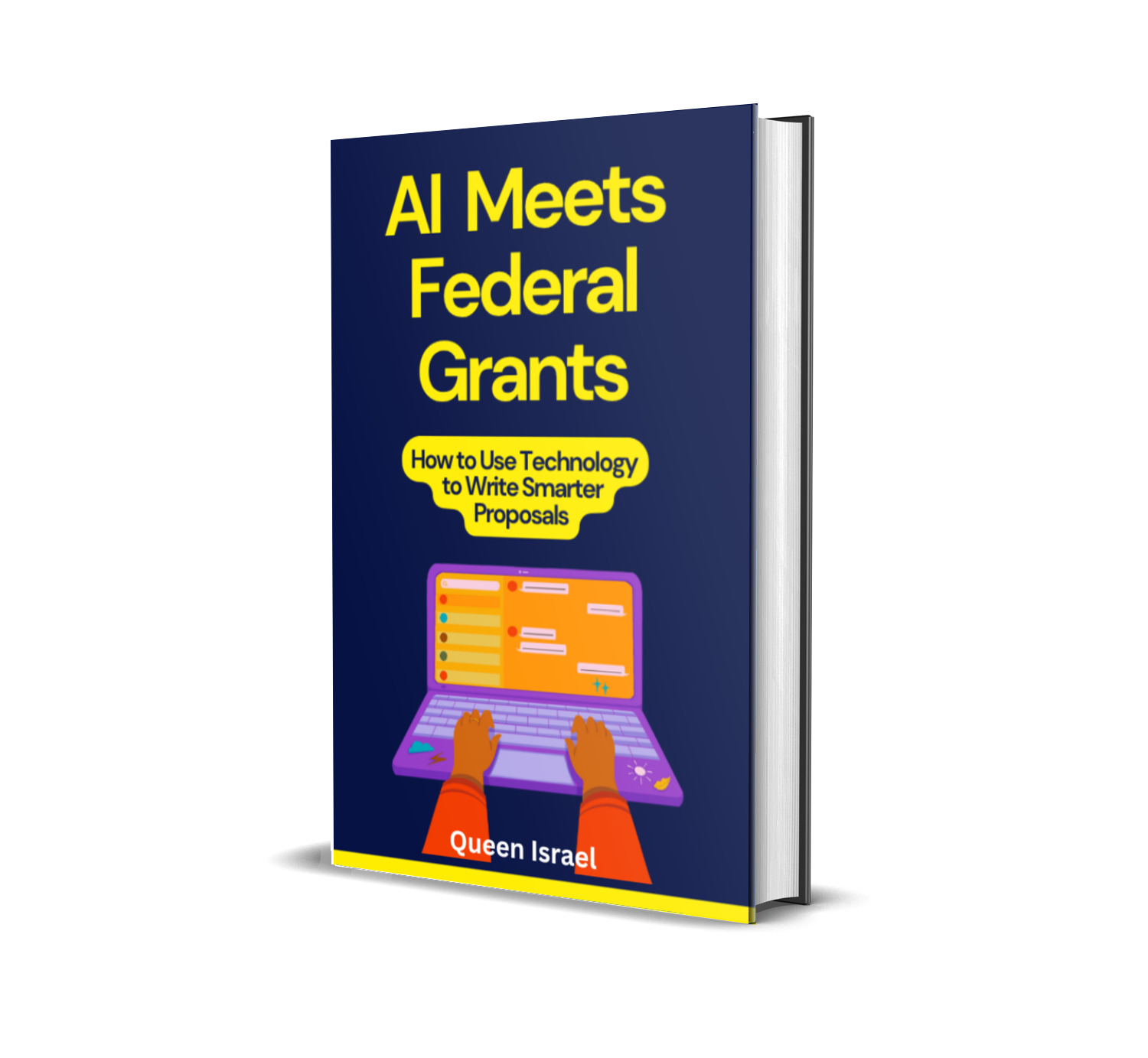Faith-based grants are a crucial resource for religious organizations seeking financial support to further their missions. These grants are often sponsored by philanthropic foundations, governmental agencies, or private organizations and are usually aimed at promoting the spiritual, social, and cultural initiatives related to religion.
Understanding Faith-Based Grants
Faith-based grants have diverse applications; they can help religious organizations run community services, engage in community development, aid poverty alleviation, support youth engagement, or bolster educational programs. While the majority of these grants require the organization to be affiliated with a religious institution, some grants may not mandate this criterion.
Organizations are typically required to show proof of their non-profit status (501(c)(3) in the United States) and a strong connection to their community, demonstrating the potential impact of their initiatives. However, these grants should not be used to promote a particular religious belief; they must focus on serving the broader community.
Now, let’s dive into a practical example. Suppose “Charity A” is a faith-based non-profit that wishes to expand its food bank services within its community. It could apply for a faith-based grant that supports community development or poverty alleviation programs. In the application, Charity A must detail how the grant funds will be used, the expected impact, and how the program aligns with the grantor’s priorities.
Faith-Based Grant Providers
The following is a list of 20 organizations known for providing faith-based grants:
1. The Lilly Endowment Inc.-They primarily support religious, education, and community development initiatives.
2. The Mustard Seed Foundation – Provides grants to churches and Christian organizations worldwide.
3. The Arthur Vining Davis Foundations – Offers grants for interfaith initiatives and religious leadership.
4. The Templeton Foundation – Funds initiatives exploring the deepest and most perplexing questions facing humanity.
5. The Salvation Army – Grants funds for community development and poverty alleviation.
6. The Presbyterian Church (USA) Mission Agency – Provides a variety of grants for Presbyterian congregations and organizations.
7. The Episcopal Church – Offers numerous grants for a variety of faith-related initiatives.
8. Catholic Campaign for Human Development – Offers grants to Catholic organizations engaged in social service.
9. The Louisville Institute – Supports research and leadership education that enhances the vitality of religious life in North America.
10. United Methodist Church – Global Ministries – Offers grants for global missions and ministry work.
11. The Orthodox Christian Mission Center – Provides grants for missions and evangelism programs.
12. Baptist Joint Committee for Religious Liberty – Offers grants that advocate for faith freedom for all.
13. The Evangelical Lutheran Church in America – Provides various grants for service and mission work.
14. The Sisters of Charity Foundation – Grants for Catholic organizations, with a focus on poverty alleviation and social justice.
15. The Global Fund for Community Foundations – Supports community-led initiatives, including faith-based programs.
16. American Baptist Home Mission Societies – Offers numerous grants for American Baptist Churches and members.
17. The Unitarian Universalist Funding Program – Grants for Unitarian Universalist social justice and
community engagement initiatives.
18. Jewish Federations of North America – Provides grants to Jewish organizations and initiatives that support the welfare of Jewish communities.
19. The Church of Jesus Christ of Latter-Day Saints Foundation – Offers grants to a variety of charitable, educational, and community initiatives.
20. The Church Mutual Insurance Company Foundation – Provides funding for religious organizations to enhance safety, security, and wellbeing.
Faith-Based Grant Application Best Practices
Writing a successful grant proposal is a skill that takes time to master. Here are a few tips to help your organization prepare a compelling application:
- Research: Understand the grantor’s mission, the purpose of the grant, and their funding history. Use high-ranking keywords like “Grant Proposal,” “Non-Profit Funding,” “Grant Application,” “Grant Writing,” and “Proposal Writing” to search for useful resources.
- Clarity and Conciseness: Your proposal should clearly state your organization’s mission, the problem you’re addressing, your plan of action, and your desired outcomes. Avoid using jargon or overly complex language.
- Budget: Provide a realistic and detailed budget that aligns with your proposal’s objectives. Be clear about how the grant funds will be used.
- Impact and Evaluation: Explain how you will measure the success of your project. This could include the number of people served, the reduction in poverty levels, increased community engagement, or other quantifiable measures.
- Follow Guidelines: Ensure you follow the application guidelines to the letter. This includes adhering to the word limit, using the correct format, and providing all requested documents.
- Proofread: Always proofread your proposal before submission. Errors can give the impression of carelessness and could affect the outcome of your application.
Conclusion
Faith-based grants provide essential funding for religious organizations to undertake projects that enrich their communities. Whether your organization aims to alleviate poverty, foster education, encourage youth engagement, or undertake community development, a faith-based grant can provide the necessary financial support to bring your vision to life. With diligent research, a clear and compelling proposal, and a focus on community impact, your organization can navigate the path to securing faith-based grant funding.







[…] and faith-based leaders across Africa, the U.S., and globally are asking as we enter a new era of faith-based funding—one defined by bold philanthropy, data-driven mission work, and unprecedented opportunities for […]
918kiss old version offers a convenient way to download the gambling application.
After acquiring the file, the installation process is quite simple.
playboy888
These enticing bonuses and rewards are designed to appeal to both fresh users and seasoned gamers.
Immerse yourself in the world of exciting betting with aviator game and try your luck!
As the plane climbs higher, the multiplier increases, leading to potentially significant winnings.
Дизайнерская мебель премиум класса — это воплощение изысканного стиля и безукоризненного качества.
Элитная мебель от дизайнеров — это не просто предметы интерьера, а настоящие произведения искусства. Уникальный подход к созданию каждой вещи делает ее выдающимся элементом интерьера. Премиум мебель становится все более популярной среди ценителей качества.
Rattling clear web site, thankyou for this post.